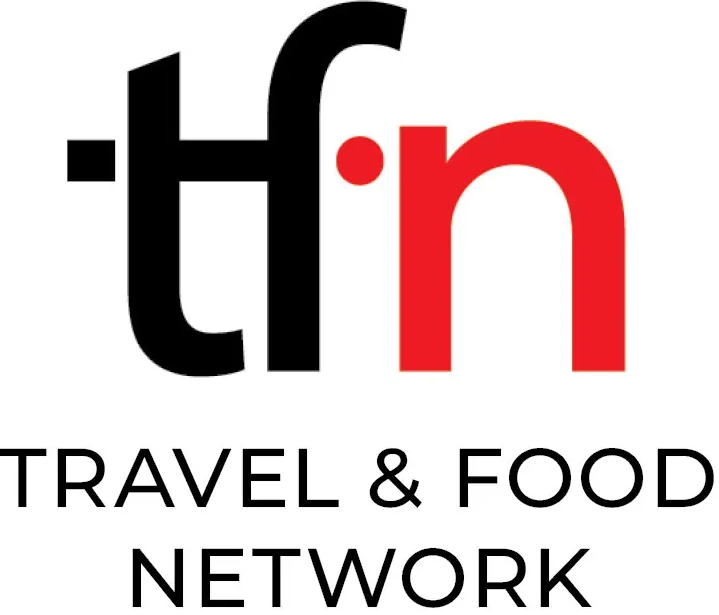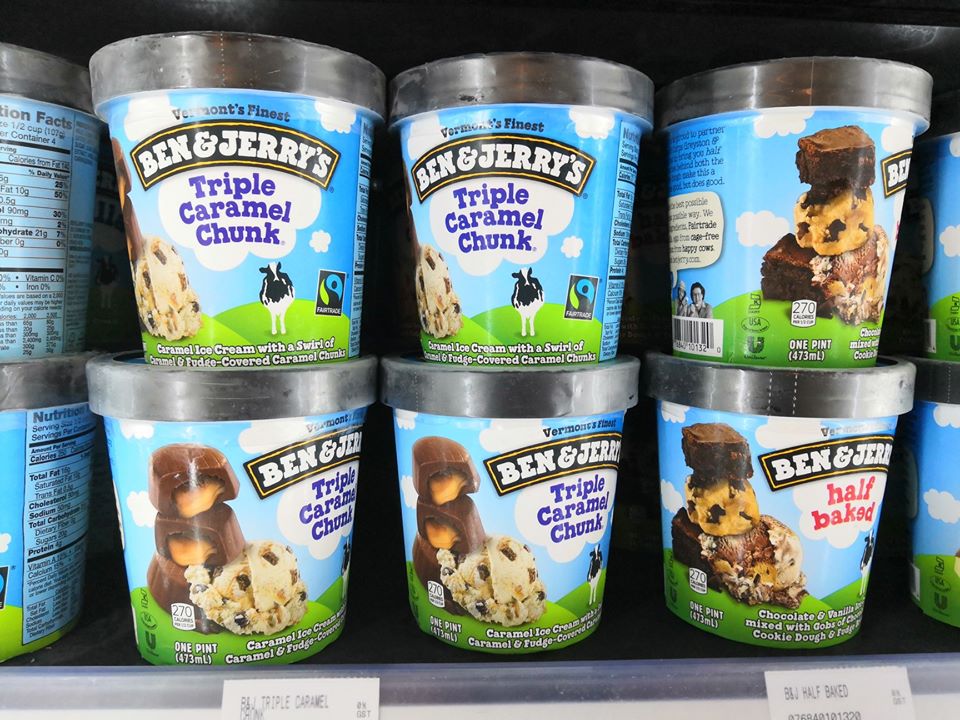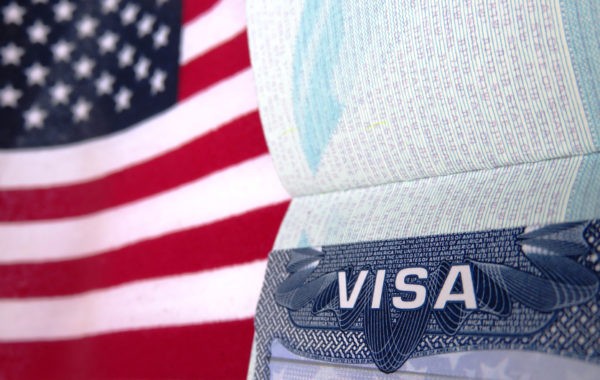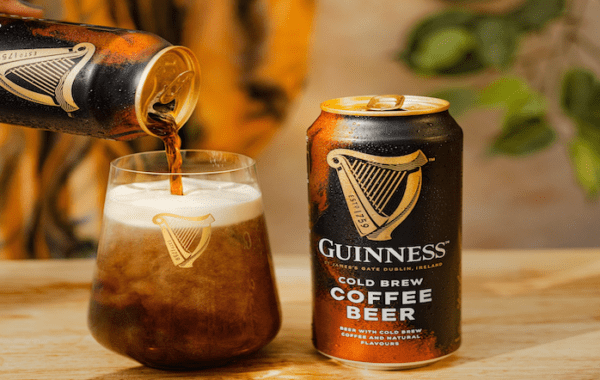Photo : Shutterstock
Unilever plans to make all 70,000 of its products biodegradable over the next decade and disclose the amount of carbon used to produce them as part of sweeping new commitments to tackle the climate crisis. The maker of Dove soap, Hellmann’s mayonnaise and Ben & Jerry’s ice cream unveiled plans earlier this week to achieve net-zero emissions from its products by 2039. The company also said it will invest €1 billion ($1.1 billion) into a “climate and nature fund” that will address reforestation, wildlife protection and water preservation.
“While the world is dealing with the devastating effects of the Covid-19 pandemic, and grappling with serious issues of inequality, we can’t let ourselves forget that the climate crisis is still a threat to all of us,” Unilever CEO Alan Jope said in a statement.
To protect water resources, it’s aiming to make its product formulations biodegradable by working with partners to produce decomposable alternatives where they don’t yet exist. More than 2.1 billion people consume unsafe drinking water and 40% of the world’s population is affected by water scarcity, according to the World Bank.
Also read: A UK Startup Is Recycling Coffee Waste Into Biofuel
A number of the world’s biggest companies from German industrial firm Thyssenkrupp to tech giant Microsoft have committed to bringing their operations in line with the goals of the 2015 Paris climate accord, in some cases following campaigns by investor groups. But few have gone as far as Unilever, which says 2 billion people use its products every day.
Unilever said Monday that it will achieve a “deforestation-free” supply chain by 2023, using satellite monitoring, geolocation tracking and blockchain to understand exactly where and how its commodities are sourced.
Last year, Unilever and Nestlé made commitments to reduce their use of plastic packaging, which is a major pollutant of oceans and water sources. Nestle said it is willing to spend more than $2 billion to create a market for recycled material suitable for food packaging. Both companies have taken part in the Loop initiative, which aims to do away with single-use plastics.
In Other News:
Marico enters the vegetable and fruit hygiene category with Veggie Clean
















